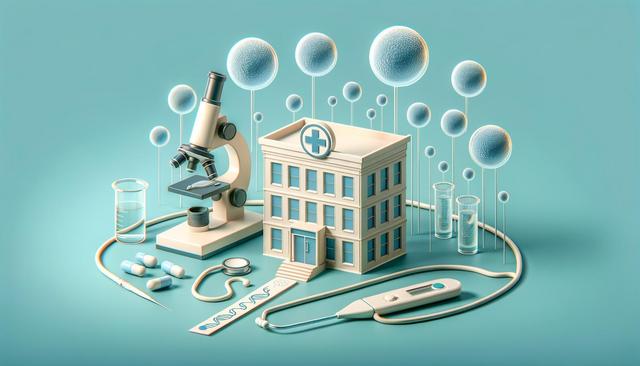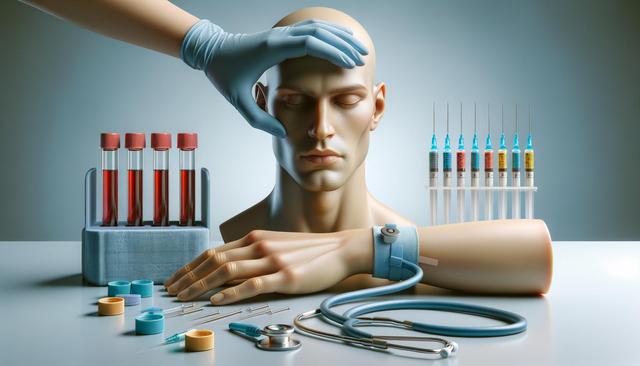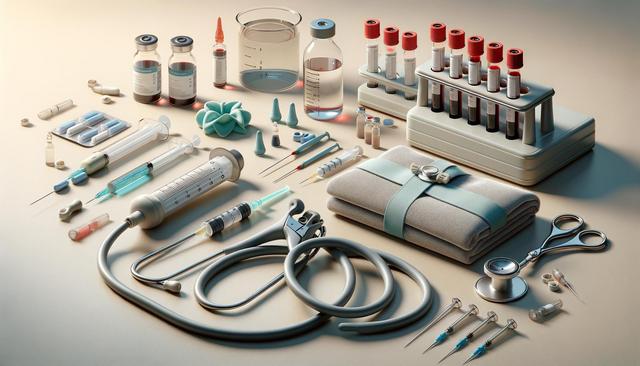Understanding the Process of Sperm Donation
Before jumping into sperm donation, it’s important to understand the process involved. Sperm donation is not a one-time transaction, but rather a structured medical and legal process. Clinics that accept first-time donors often follow strict screening protocols to ensure the health and genetic quality of the samples. These steps typically include:
- A detailed medical history review
- Genetic and infectious disease testing
- Physical examination
- Psychological screening in some cases
Once accepted, donors are required to visit the clinic regularly over a set period. Samples are usually collected on-site, and the frequency can range from once a week to several times a month. It’s also important to note that donors often sign an agreement regarding the future use of their samples, which may include anonymity clauses or limits on the number of families to be helped. Understanding these aspects helps manage expectations and ensures a smooth experience for first-time donors.
Who Can Donate: Common Requirements for First-Time Donors
Each clinic has its own set of criteria for accepting sperm donors, and while requirements may vary slightly, most follow a similar baseline. First-time donors should be aware of the typical qualifications, which often include:
- Age between 18 and 39 (some clinics cap at 34)
- Non-smoker and drug-free lifestyle
- Minimum height requirements (often 5’8” or taller)
- Enrollment or completion of college-level education
- No serious hereditary medical conditions
In addition to these, many clinics prefer individuals with a clean family medical history and a healthy lifestyle. Some also look for diversity in their donor pool, which can influence the level of demand for specific donors. If you meet these requirements, you’re more likely to be accepted and qualify for higher compensation tiers, especially with clinics that place a premium on donor quality and reliability.
How Much Can You Earn from Sperm Donation?
Compensation for sperm donation can vary significantly depending on the clinic, location, and donor profile. First-time donors can expect to earn anywhere from $70 to $150 per donation, and frequent donors may receive monthly payments ranging between $500 and $1,500. Some clinics offer bonuses or higher payouts for donors who meet specific criteria, such as rare blood types or advanced academic backgrounds.
In general, donors are paid per usable sample, meaning that not every donation will be compensated if the sample does not meet quality standards. Additionally, some clinics offer compensation only after a quarantine period, during which samples are frozen and re-tested for health safety. This means you may receive payments with a delay, often after six months. Clinics with high payouts usually have more stringent requirements, but the increased compensation can make the commitment worthwhile for those who qualify.
Finding Clinics That Accept and Pay First-Time Donors Well
Not all sperm banks offer the same benefits, so finding the right clinic is key. For first-time donors, it’s especially important to choose a clinic that is transparent about the process, requirements, and payout structure. Start by researching reputable fertility centers or university-affiliated programs in your area, as these often have established donor programs and higher compensation rates.
When evaluating clinics, consider the following:
- Do they accept first-time donors?
- What is their compensation structure?
- Are there opportunities for repeat donations?
- Is there a long-term commitment contract?
- What privacy policies do they follow?
Some clinics also offer travel reimbursements or additional incentives for donors who live outside the immediate area. Others might provide health check-ups and genetic screening results as part of the donation process, which can be an added benefit for those interested in learning more about their own health.
Preparing for a Successful Donation Experience
Once you’ve selected a clinic, preparing for the process can improve your chances of being accepted and receiving higher payouts. Proper preparation includes maintaining a healthy lifestyle, abstaining from ejaculation for 2–3 days before providing a sample, and following all clinic-specific guidelines. Staying hydrated, avoiding alcohol, and managing stress can also positively affect sperm quality.
Donors should also be ready to commit time for the duration of the donation period, which can last several months. Clinics may ask for weekly or biweekly visits, and consistency is often rewarded with better compensation and continued acceptance into the program. Keep in mind that professionalism and punctuality during visits can make a strong impression and lead to further opportunities within the program, such as referrals or extended contracts.
Finally, be prepared for the emotional and ethical aspects of sperm donation. While many clinics offer anonymity, advancements in DNA testing mean that biological offspring may be able to identify donors in the future. Understanding your personal comfort level with this possibility is essential before moving forward.
Conclusion: Is Sperm Donation Right for You?
Sperm donation can be a meaningful way to help individuals and couples build families, while also offering financial incentives for donors. For first-time donors, the process requires a level of commitment, health screening, and responsibility. However, with the right preparation and by choosing clinics that value and compensate donors well, it can be a worthwhile experience. If you’re eligible, informed, and comfortable with the process, sperm donation may be a beneficial option both personally and financially.




Leave a Reply